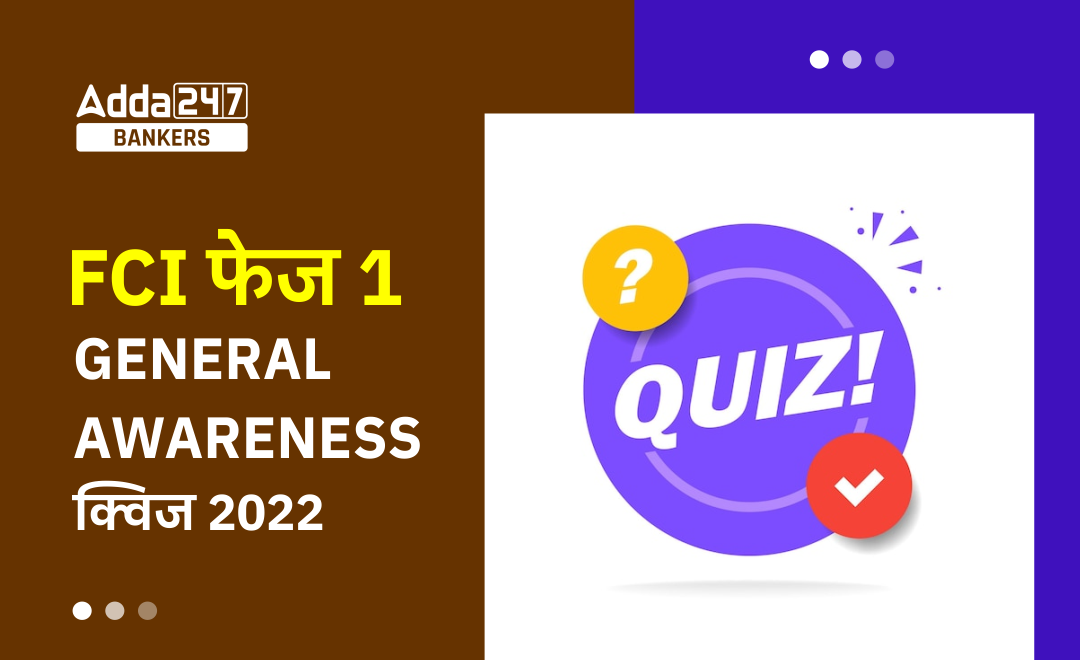Q1. मुद्रा नोटों में जालसाजी का पता लगाने के लिए निम्नलिखित में से किस तरंग का उपयोग किया जाता है?
(a) पराबैंगनी तरंगें
(b) अवरक्त तरंगें
(c) रेडियो तरंगें
(d) सूक्ष्मतरंगें
(e) उपरोक्त में से कोई नहीं
Q2. अवतल दर्पण का प्रयोग वाहनों की हैडलाइट में किया जाता है, क्योंकि यह
(a) बल्ब से प्रकाश को पास के वाहनों पर केंद्रित करता है
(b) समानांतर किरण भेजता है
(c) हेडलाइट के आकार में अच्छी तरह फिट बैठता है
(d) अन्य दर्पणों की तुलना में सस्ता है
(e) उपरोक्त में से कोई नहीं
Q3. VIRUS का मतलब है—
(a) Vital information Resource Under Seizure
(b) Vital Information Resource Under Siege
(c) Vital Information Reason Under Siege
(d) Vital Information Under System
(e) Virus Information Recourse Under Siege
Q4. निम्नलिखित में से कौन सी तरंग प्रति फोटॉन अधिकतम ऊर्जा वहन करती है?
(a) X-किरणें
(b) रेडियो तरंगें
(c) प्रकाश तरंगें
(d) सूक्ष्म तरंगें
(e) उपरोक्त में से कोई नहीं
Q5. निम्नलिखित में से कौन सा कथन सही नहीं है?
(a) मानव नेत्र एक अपवर्तन तंत्र है जिसमें एक अपसारी लेंस होता है।
(b) मानव नेत्र की रेटिना में लाखों प्रकाश संवेदनशील कोशिकाएं होती हैं, जिन्हें शलाका और शंकु कहा जाता है, जो प्रकाश को विद्युत संदेशों में परिवर्तित करती हैं
(c) प्रत्येक छवि जो रेटिना पर केंद्रित है ,उलटी होती है।
(d) हमें वस्तुओं की सापेक्ष स्थिति का सही आंकलन करने के लिए दोनों आंखों की आवश्यकता होती है
(e) उपरोक्त में से कोई नहीं
Q6. निम्नलिखित में से कौन सा कथन सही नहीं है?
(a) पराश्रव्य तरंगें परावर्तित, अपवर्तित या अवशोषित नहीं हो सकती हैं।
(b) पराश्रव्य तरंगें का उपयोग सामान्य संरचना सामग्री की आंतरिक संरचना में दरार जैसे दोषों की उपस्थिति का पता लगाने के लिए किया जाता है।
(c) पराश्रव्य तरंगों का उपयोग हीरे जैसे अत्यंत कठोर पदार्थों में छेद करने के लिए किया जा सकता है।
(d) पराश्रव्य तरंगें निर्वात में यात्रा नहीं कर सकतीं।
(e) उपरोक्त में से कोई नहीं
Q7. द्वयाधारी कूट (बाइनरी कोड) में, संख्या 7 को ____ के रूप में लिखा जाता है।
(a) 110
(b) 111
(c) 101
(d) 100
(e) उपरोक्त में से कोई नहीं
Q8. एक प्रकाशीय भ्रम जो मुख्य रूप से गर्म गर्मी के दौरान रेगिस्तान में होता है, _____ के सिद्धांत पर आधारित है।
(a) परावर्तन
(b) व्यतिकरण
(c) परिक्षेपण
(d) पूर्ण आन्तरिक परावर्तन
(e) उपरोक्त में से कोई नहीं
Q9. एक प्रकाशीय सूक्ष्मदर्शी के आवर्धन के बारे में निम्नलिखित में से कौन सा कथन सही है?
(a) नेत्रिका की फोकस दूरी में वृद्धि से आवर्धन बढ़ता है
(b) अभिदृश्यक की फोकस दूरी में वृद्धि से आवर्धन बढ़ता है
(c) नेत्रिका की फोकस दूरी पर आवर्धन निर्भर नहीं करता है
(d) नेत्रिका की फोकस दूरी में वृद्धि से आवर्धन घटता है
(e) उपरोक्त में से कोई नहीं
Q10. निम्नलिखित में से किस कण का व्यास 0.002 मिमी से कम है?
(a) मिट्टी
(b) गाद
(c) महीन रेत
(d) उपरोक्त में से कोई नहीं
(e) उपरोक्त सभी
S1.Ans. (a)
Sol. Ultraviolet waves are used for detecting fake and forged currency. The paper currency has a strip that is embedded in the note. This strip cannot be forged like that in the original currency. So, to check for detecting forgery in currency notes, Ultraviolet waves are used.
S2.Ans. (a)
Sol. Concave mirror is used in headlights of vehicles, because it focuses light from the bulb onto nearby vehicles.
S3.Ans. (b)
Sol. Vtiral Information Resources Under Siege.
S4.Ans. (a)
Sol. X-rays are types of electromagnetic radiation probably most well-known for their ability to see through a person’s skin and reveal images of the bones beneath it. X-rays carries the maximum energy per photon.
S5.Ans. (a)
Sol. Human eye is a refracting system containing a diverging lens.
S6.Ans. (d)
Sol. Ultrasonic waves cannot get reflected, refracted or absorbed, Ultrasonic waves are used to detect the presence of defects like cracks, porosity, etc. in the internal structure of common structure materials, Ultrasonic waves can be used for making holes in very hard materials like diamond.
S7.Ans. (b)
Sol. Binary 111= (1× 22) + (1 × 21) + (1 × 20) = 4 + 2 + 1 = 7
S8.Ans. (d)
Sol. An optical illusion which occurs mainly in deserts about during hot summer is based on the principle of Total internal reflection. On a very hot day in desert, the air just in contact with sand is hotter than the air above it due to the high temperature of the sand. This causes the refractive index of the air in contact with the sand to be lower than that of the air above it.
S9.Ans. (d)
Sol. Magnification decreases with the increase in focal length of eyepiece.
S10.Ans. (a)
Sol. Clay particles are smaller than 0.002 mm in diameter, slit particles are from 0.002 to 0.05 mm in diameter and sand ranges from 0.05 to 2.0 mm. Particles larger than 0.2 mm are called gravel or stones.



 Bihar ANM Recruitment 2026 Update: 8938 ...
Bihar ANM Recruitment 2026 Update: 8938 ...
 UP LT Grade Teacher Mains Apply Online 2...
UP LT Grade Teacher Mains Apply Online 2...
 Bihar Jeevika Cut Off 2026: इतना हाई गया...
Bihar Jeevika Cut Off 2026: इतना हाई गया...










